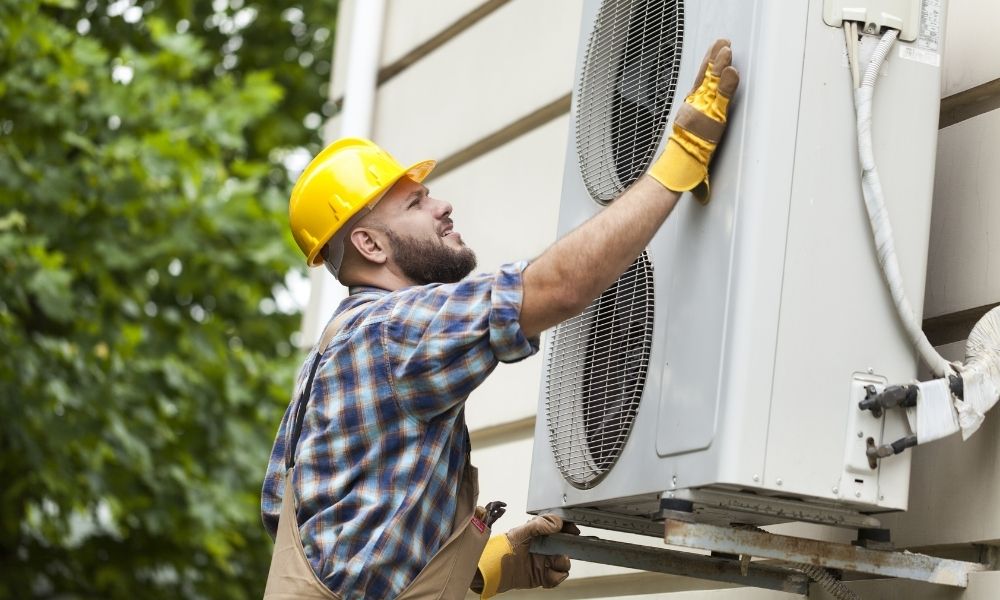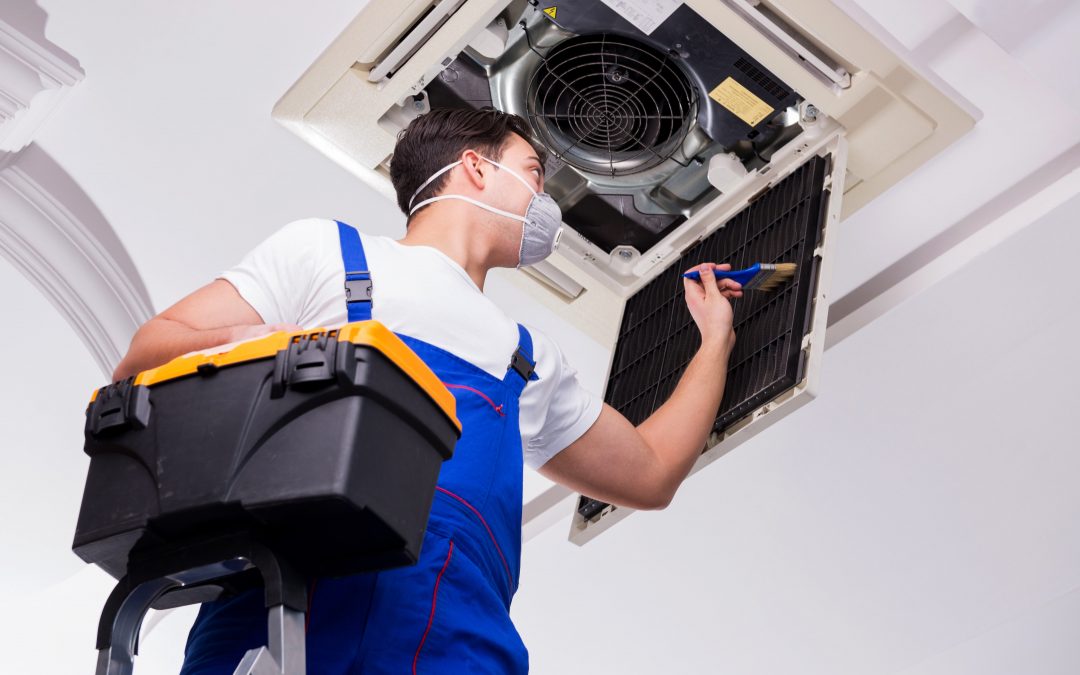Local hvac company for quality service.
Local hvac company for quality service.
Blog Article
How to Boost Energy Performance With Your Heating And Cooling System and Heater Upgrades
As energy expenses proceed to increase, the significance of enhancing energy effectiveness with Heating and cooling system and heating system upgrades can not be overemphasized. Examining your current system's performance and considering energy-efficient options are essential first actions.
Assess Your Current System
Before starting any kind of upgrades, it is important to assess your existing HVAC system and heater to recognize their effectiveness and efficiency. This initial examination offers a foundation for recognizing areas that require improvement and educates decisions concerning possible upgrades. Begin by taking a look at the age of your a/c system, as outdated models may do not have modern energy-saving attributes.

Power usage documents will certainly also be important in evaluating your system's operational prices. Take into consideration performing a specialist power audit to get a professional assessment of your system's efficiency.
Upgrade to Energy-Efficient Versions
Upgrading to energy-efficient designs is an essential action in enhancing the overall efficiency of your cooling and heating system and heater. These modern units are made to eat less energy while providing optimum heating and cooling, leading to significant expense financial savings on utility costs and a lowered ecological impact.
When thinking about an upgrade, try to find versions that have high Seasonal Energy Effectiveness Ratios (SEER) for a/c and Yearly Fuel Application Effectiveness (AFUE) rankings for heating systems. These scores show the effectiveness of the units, with higher numbers mirroring better performance. Energy-efficient designs typically integrate advanced technologies, such as variable-speed motors and smart thermostats, which better improve energy savings.
In addition, numerous energy-efficient a/c systems are outfitted with boosted insulation and far better sealing, which lessen energy loss and enhance interior comfort. furnace repair. While the initial investment may be greater, the lasting financial savings on power costs and potential tax obligation motivations for using energy-efficient appliances can counter this expense dramatically

Inevitably, upgrading to energy-efficient designs not only contributes to a more lasting future but also elevates the convenience and effectiveness of your home or organization.
Optimize System Settings
To make best use of the performance of your HVAC system and heating system, it is important to maximize system setups customized to your certain demands. Start by setting your thermostat to an energy-efficient temperature. The U.S. Department of Power suggests a winter setting of 68 ° F when you are conscious and reducing it while you sleep or are away. In summer, objective for 78 ° F throughout the day.
Make use of programmable or wise thermostats that allow you to schedule temperature level adjustments automatically. This guarantees your system operates only when required, decreasing power intake. In addition, guarantee that your system is set to run in the right mode-- home heating in wintertime and cooling in summer season-- while avoiding the constant follower option unless required for air flow.
Consistently evaluation and adjust setups based upon seasonal adjustments, tenancy patterns, and details convenience choices. Additionally, ensure that vents and signs up are unhampered, enabling optimum air flow. Lastly, take into consideration zoning systems that enable personalized comfort in various areas of your home, additionally enhancing efficiency. By fine-tuning these setups, you can accomplish significant power savings while maintaining a comfortable living setting.
Improve Insulation and Sealing
A well-insulated home is key to optimizing the effectiveness of your HVAC system and heater. Appropriate insulation minimizes the work on these systems, useful source therefore conserving energy and reducing utility costs. Begin by evaluating your home's insulation in locations such as the attic room, walls, and floorings. Insulation materials like fiberglass, foam, and cellulose can dramatically boost thermal resistance, assisting to keep conditioned air inside and outside air out.
Along with insulation, sealing gaps and fractures is important. Pay unique attention to home windows, doors, and any kind of penetrations in walls, such as electric outlets and pipes components. Weatherstripping and caulking can properly secure these openings, protecting against drafts that endanger link your HVAC efficiency.
Additionally, make sure that air ducts are correctly insulated and sealed. Leaking ducts can lead to significant energy losses, decreasing system efficiency. Making use of mastic sealant or steel tape to seal duct joints can improve air flow and efficiency.
Schedule Routine Upkeep
Regular maintenance of your heating and cooling system and furnace is vital for guaranteeing ideal efficiency and long life. Set up inspections and maintenance can identify potential concerns prior to they intensify, stopping expensive repair work and ineffectiveness. Throughout upkeep, a certified professional will cleanse and change filters, check cooling agent degrees, examine ductwork for leakages, and examine total system procedure. This proactive strategy not only boosts power performance yet additionally lengthens the lifespan of your equipment.
It is recommended to schedule maintenance at the very least two times a year-- as soon as in the springtime for the cooling system and as soon as in the loss for the heater. furnace repair. Routine maintenance aids maintain regular interior temperatures, making sure convenience throughout the year. Additionally, a well-kept system runs extra effectively, which can result in recognizable decreases in energy bills
Disregarding upkeep can cause reduced performance, increased wear and tear, and inevitably, system failure. By prioritizing regular solution, property owners can avoid unanticipated failures and guarantee his comment is here their cooling and heating system and heating system run at peak efficiency. Buying upkeep is an important action in improving power efficiency and producing a more sustainable home setting.
Conclusion
Finally, enhancing power efficiency within cooling and heating systems and heating system upgrades is vital for minimizing energy intake and improving general convenience. An organized strategy that consists of assessing the existing system, spending in energy-efficient designs, enhancing settings, enhancing insulation, and organizing routine maintenance can bring about significant advantages. Implementing these methods not only decreases energy bills but likewise contributes to a more lasting environment, making it crucial for house owners to focus on these upgrades.
Report this page